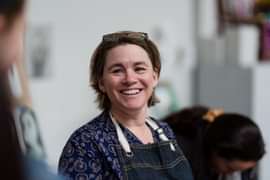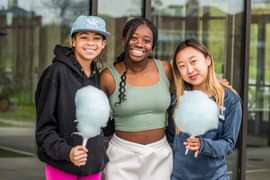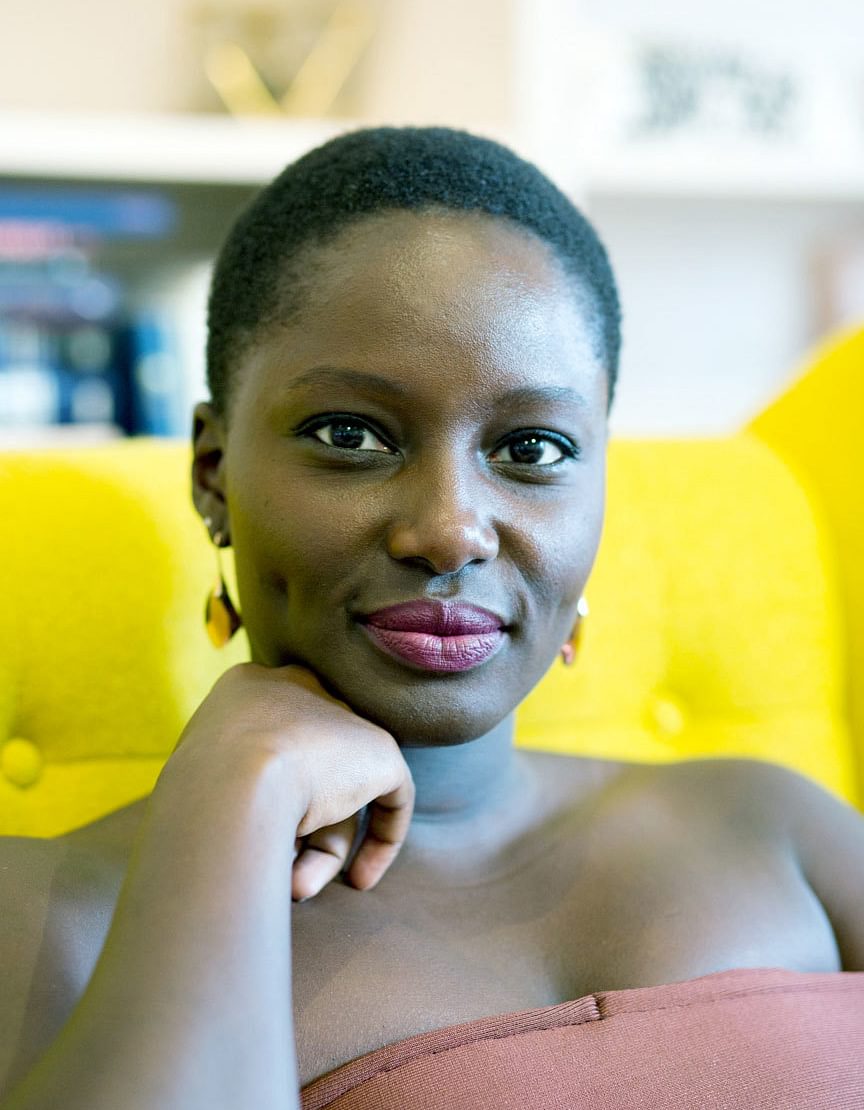
February 07, 2018
A nude awakening
Atima Lui ’08 develops innovative skin-matching color technologyby Rita Savard
Every revolution starts somewhere. Atima Lui’s began in the mirror.
“As a dark-skinned girl growing up in Topeka, Kansas, I never quite felt like I fit in,” says Lui ’08. Women of color have long struggled with a glaring inequity in the beauty industry. For what seems like forever, beige was considered the universal nude—until now.
NUDEST, the company founded by Lui in 2016, has introduced a new skin-color-matching technology that allows women of every skin tone to access their own “true nude” in hosiery, footwear, clothing, and cosmetics.
Lui’s nude revolution—which sparked a buzz on social media under the hashtags #notmynude and #redefinenude and was featured in Forbes, Cosmopolitan, and on CBS News—is helping redefine the image of beauty.
“The one-size-fits-all notion of beige as the standard nude dates back to a history of white supremacy in beauty, where light skin is considered more beautiful,” Lui says.
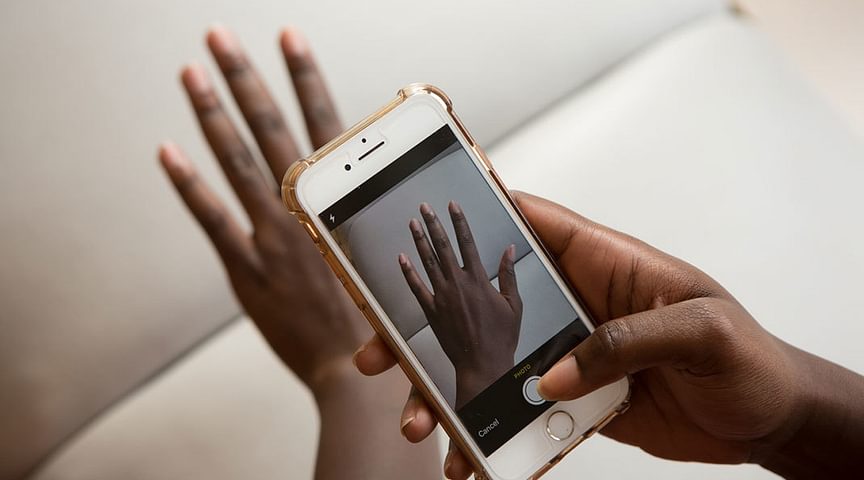
The reality is that items labeled ‘nude’ don’t match 84 percent of the world’s population.
”As a child, Lui remembers wearing nude nylons that always made her legs look ashy. “Growing up in a place where no one else looked like me, the beauty standard I was consuming was one that had an Anglo-Saxon heritage; there was really no alternative,” Lui says. “But whether I tried to chemically straighten my hair or wear makeup that I saw my fairer-skinned friends wearing, it never worked for me.”
Lui’s father, a Sudanese immigrant, and her mother, the descendent of sharecroppers from Alabama, taught Lui her most important life lesson early on: Education is something that no one can ever take away from you. When he was 8 years old, her father went to a boarding school in Uganda. The once-in-a-lifetime opportunity was the stepping-stone that enabled him to come to the United States to continue his education. As a result, he always said his kids would go to boarding school. When it was time for Lui to enter high school, one school, she says, stood out.
At Andover she developed a strong interest in business and, for the first time, found herself learning alongside international students. “It truly opened my perspective on the world,” she says. “I love that about Andover. The community sees and embraces the need for diversity.”
While attending Harvard Business School, Lui landed an internship at Apple, which eventually led to a full-time job offer in marketing. But Lui instead headed to New York City to pursue an idea that was near and dear to her heart—an idea that she discovered could help millions of women who were left out of the consumer market for flesh-tone items.
When perusing the websites of 10 major retailers, Lui noted a huge but unsurprising gap: very few options—or none at all—were provided for women of color. So in the summer of 2016 she launched a basic website that allowed visitors to filter products by six different skin tones. It received some press on HuffPost and soon hundreds of requests for user accounts poured in. The next move was clear.
“The need was overwhelming,” Lui recalls. “All along, I wanted to work on something that made a difference in people’s lives. I knew this was it. I had to work on this full-time.”
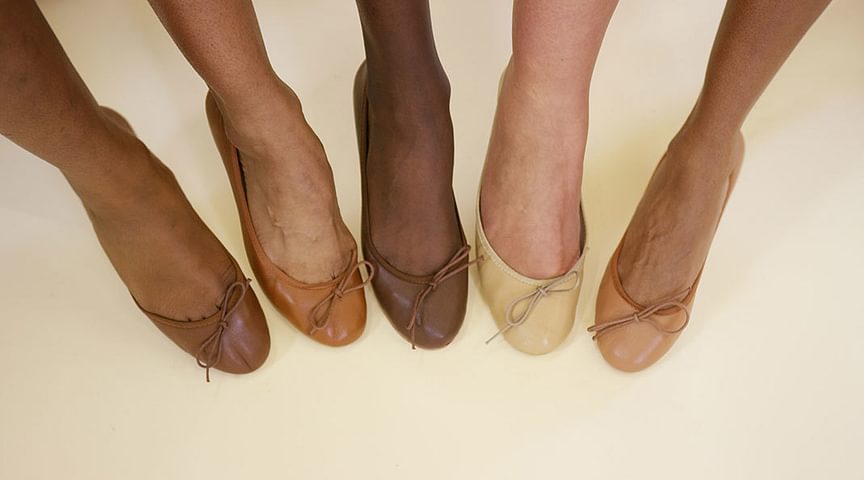
She recruited her brother, Nyalia, a computer science engineer, to develop the Nudemeter technology. Using a proprietary algorithm, the tech helps women of all skin tones—from the fairest porcelain to the deepest mahogany—find their unique color match by simply uploading a photo.
Once users receive their color match, NUDEST.co then curates a selection of products from lingerie and shapewear to footwear, hosiery, and more from retail partners that offer products in a wide variety of skin tones.
Beyond sharing its unique technology, NUDEST is also marketing products by using models with a wide range of skin tones. Representation, says Lui, is a powerful tool. Her mission at NUDEST is not just to fill a significant retail need, but more importantly, to help women feel good in their own skin.
“If I had been able as a child to open up magazines and find more images of women in the fashion and beauty industry who looked like me—and could have learned what they did to look and feel their best—that would have made a big difference in my perspective on beauty and helped my self-confidence.”




